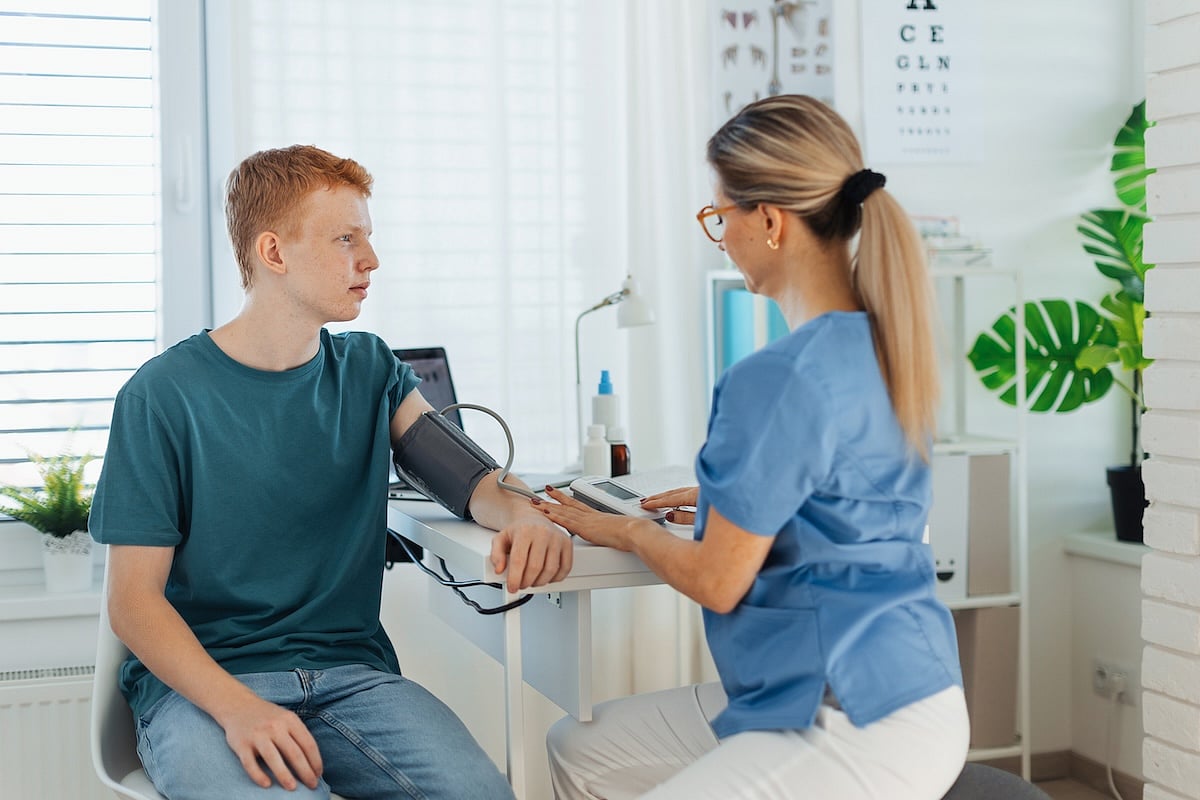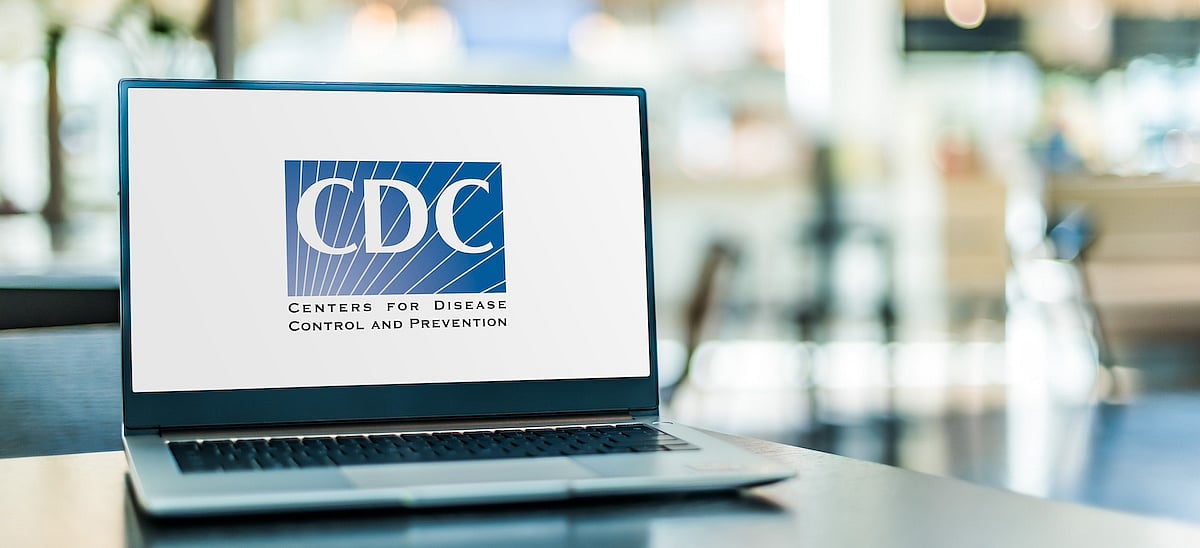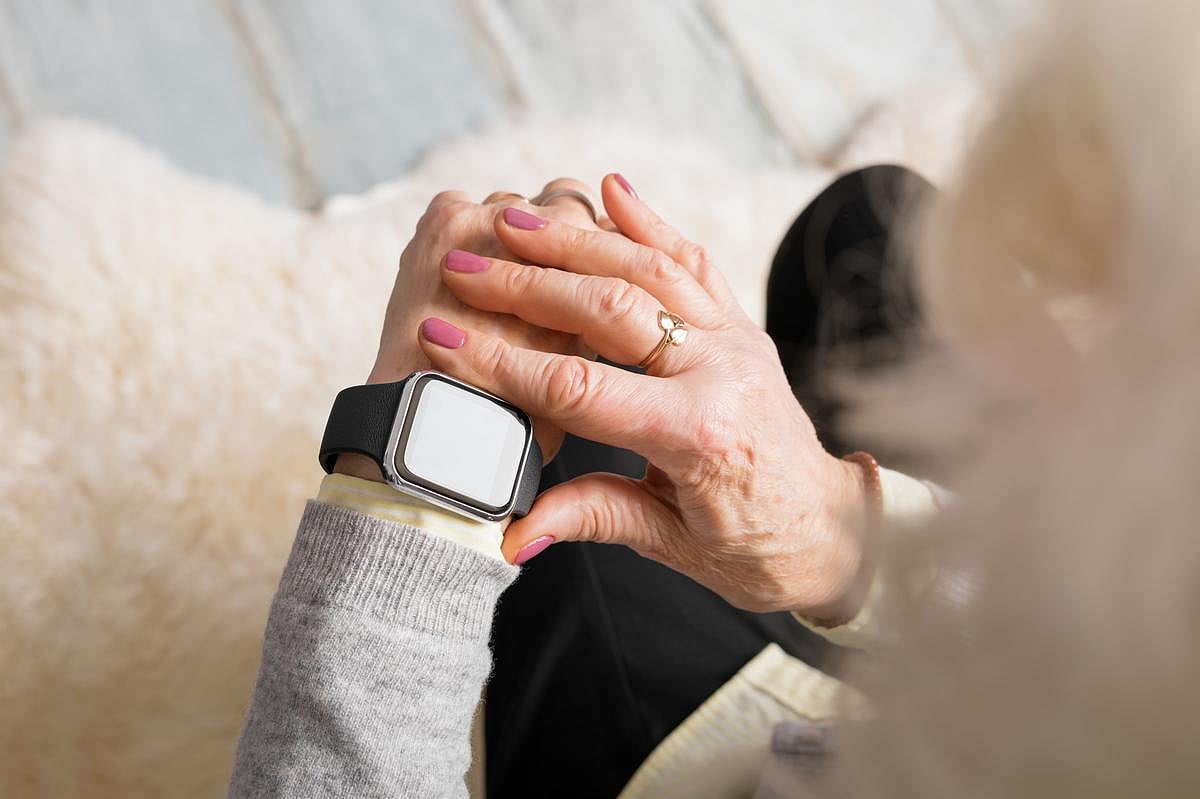
Traumatic childhood events can increase a woman’s risk of endometriosis later in life, a new study says. Women’s endometriosis risk increased 20% if they had experienced childhood ordeals such as violence, sexual abuse, a death in the family, poverty or troubled parents, researchers reported June 11 in the journal Human Reproduction. Violence produced the strongest… read on > read on >


















